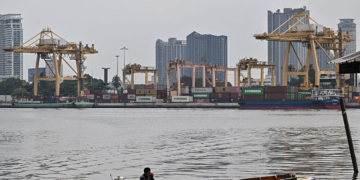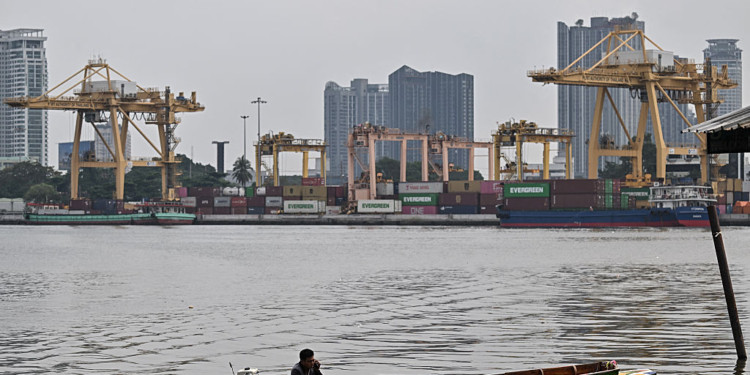Thailand’s finance minister has announced there will be an increase of U.S. imports into the Southeast Asian nation, as well as the implementation of lower taxes on American goods.
According to Reuters, the announcement came Tuesday as the Thai government seeks to garner a better deal with President Donald Trump and his administration after sweeping tariffs went into effect on “Liberation Day” last week.
The tariff implemented on Thailand, Southeast Asia’s second-largest economy, was reportedly one of the highest imposed at 36%, and higher than officials had expected it to be.
Pichai Chunhavajira, who will lead the negotiations, said they were in no rush to negotiate because there needed to be some time to prepare, but stressed that Thailand is seeking to find a trade balance with the U.S. within the next 10 years.
Despite not divulging details, Thailand’s Prime Minister Paetongtarn Shinawatra said Tuesday a meeting between Thai and U.S. trade representatives has been confirmed and added exporters should be working towards diversifying risks by seeking new markets, pointing out that the government will help businesses hit by tariffs through relief measures.
Pichai said the tariffs could remove an entire percentage-point from Thailand’s growth, which relies heavily on exports. Prior to the tariffs, its expected growth was targeted at 3%.
Reuters further reported the Thai government has said it will increase the amount of corn, soybeans, crude oil, ethane, liquified natural gas, autos, electronics, and aircraft from the U.S., while reviewing restrictions on U.S. pork.
Last year, Thailand’s trade surplus with the U.S. was around $35 billion, however, the country’s benchmark stock index fell by 6.1% Tuesday during its first day of trading since the tariff’s announcement. The U.S. has said the trade deficit with Thailand is $45.6 billion.
The Stock Exchange of Thailand also announced Monday that there will be temporary limits on stock movement trading from 15% to 30% and banned short selling.


























 Continue with Google
Continue with Google